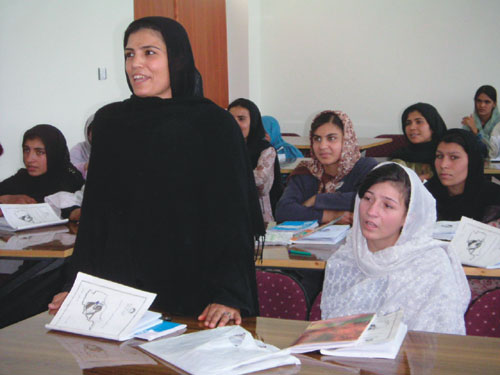

As a matter of fact, there are approximately 97 percent of the net enrollment in primary schools in the last decade.Īmong those enrolled, 80 percent can manage to finish primary school, nearly 40 percent finished low secondary school, and 20 percent finished upper secondary school. However, behind a silver lining, there are murky backdrops.

If we take a look at the current performance of the Cambodian education system, we can see that it has profoundly made dramatic quantitative progress, certainly at the primary education level. However, the Ministry of Education, Youth, and Sports (MOEYs) has done a great job in providing by-all-mean opportunities for all Cambodians to have access to education through running and conducting various activities namely launching campaigns to fight against illiteracy and literacy regression, posting paramount slogans with a view to empowering education, such as “more educated-people teach less educated-people, less educated-people teach uneducated people” popularly ushering in the 1990s, and “learn over and over again, learn endlessly” in the 2000s. As in the 21st century, with the outbreak of globalization, everyone should be trained towards lifelong learning to grapple with the emerging political, environmental and social issues, and economic competitiveness. Besides, lifelong learning existing in all forms of education, such as formal, non-formal and informal education is an effective means to ensure inclusive and equitable quality education.Īccording to the National Policy on Lifelong Learning, it can be defined as a lifelong learning process from birth to death, for the development of knowledge, skills, attitude, physical fitness and value. In a similar vein, the Royal University of Phnom Penh, which is one of the oldest universities in Cambodia, has run a Lifelong Learning program ranging from bachelor’s degree to master’s degree to fulfill diversified needs of education and training in a broader context of workplace and community.

In this context, by sole reliance on formal education, the Cambodian government cannot provide equitable quality education to Cambodian students, which produces a considerable gap in terms of educational inequalities.Īs a result, distance learning, non-formal and informal education have played a significant role in compensating and complementing this loophole as well as to ensure that everyone can have access to proper education.Īcknowledging the benefits of education in human resource development, and education being the backbone of Cambodian economic development, the Royal Government of Cambodia has established the National Policy on Lifelong Learning on 11 July 2019. To realize its vision, Cambodia has put its concerted efforts not only in formal education but also in non-formal and informal education as a hallmark of lifelong learning.Īs the incidental outbreak of the novel coronavirus (COVID-19) pandemic, the authorities were abruptly forced to call for the closure of public and private schools as safety measures, afraid of getting infection from this disease into the community. Cambodia is one of the developing countries and ASEAN member states, which intends to become an upper-income country by 2030 and a high-income county by 2050, as postulated in Cambodia’s Education Roadmap 2030.


 0 kommentar(er)
0 kommentar(er)
